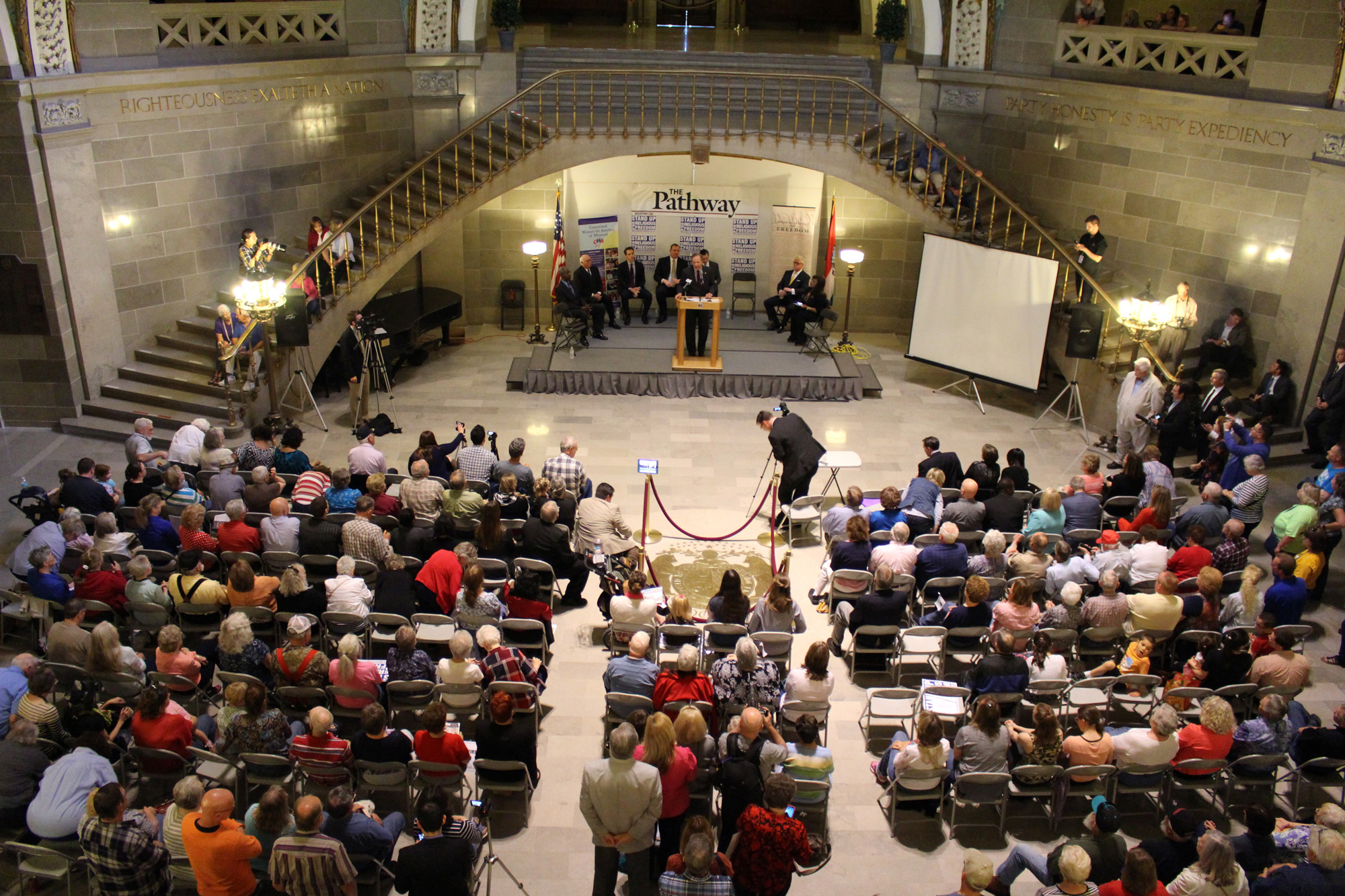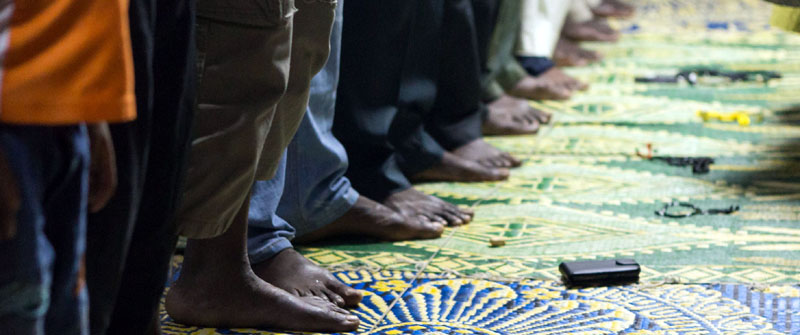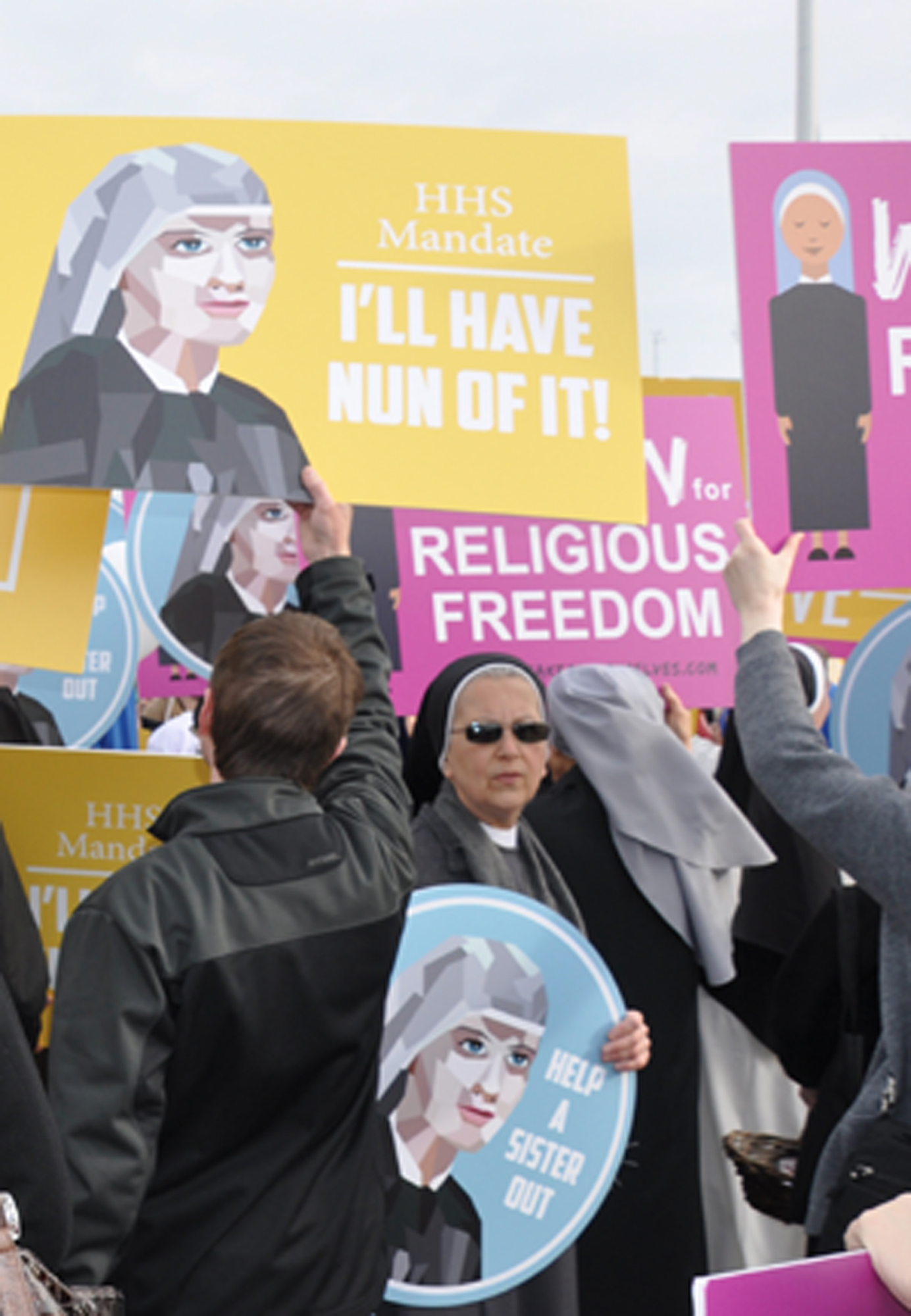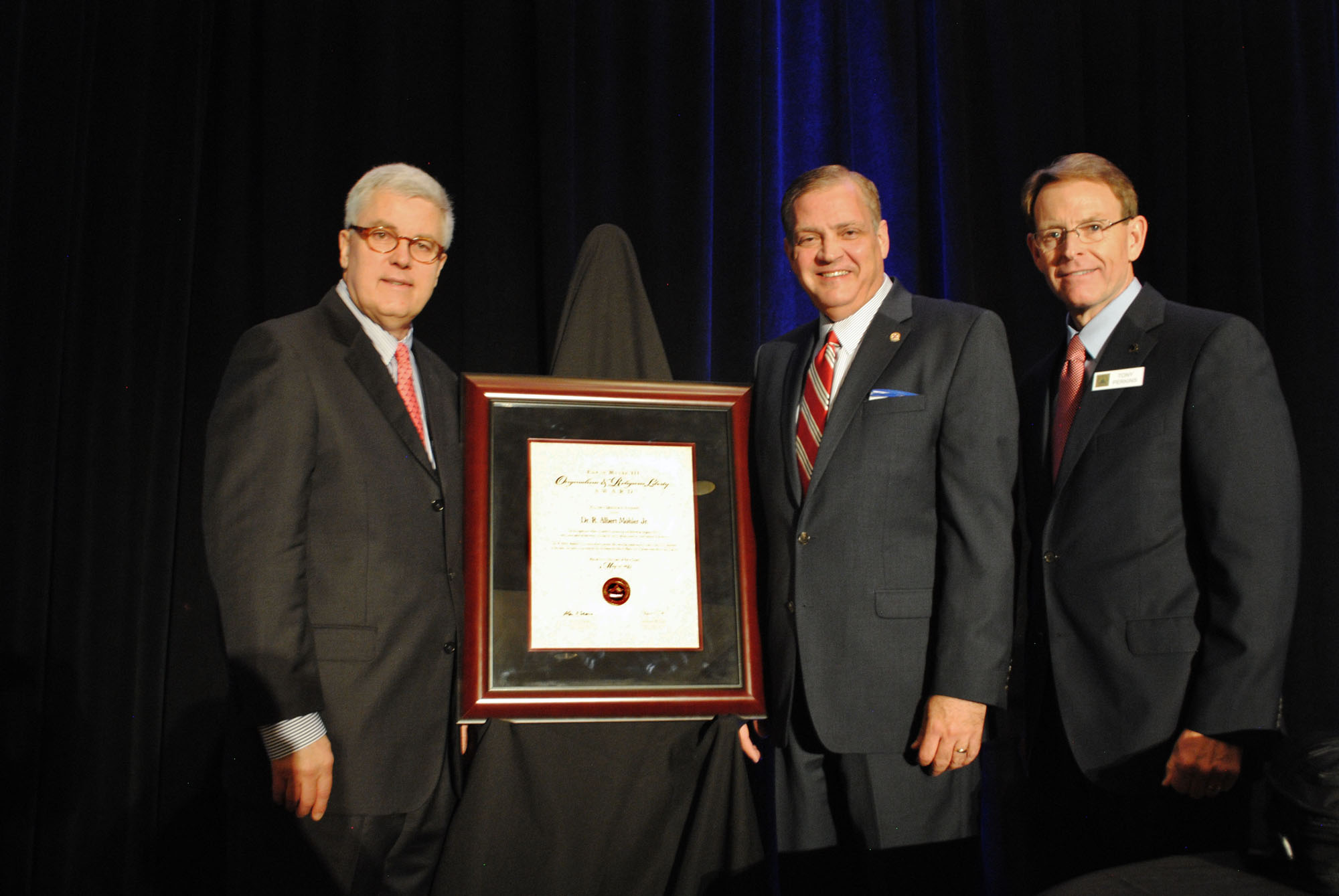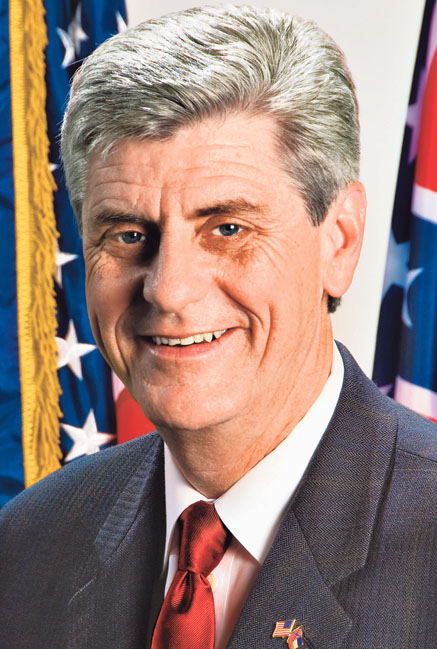
JEFFERSON CITY (BP) — Missourians will not get the opportunity to vote on a religious liberty bill to protect people from being penalized for their religious beliefs on marriage.
The House of Representatives’ Emerging Issues Committee on Wednesday (April 27) voted 6-6 on Senate Joint Resolution 39 (SJR 39), thus ending its chances of making it out of committee to the full House, and ultimately, the citizens of Missouri. See related story about this bill that is also known as the Missouri Religious Liberty Amendment.
“I am sorry to report that freedom suffered a severe setback today,” said Don Hinkle, editor of the Missouri convention’s Pathway newsjournal and public policy adviser for the Missouri Baptist Convention.
Three Republicans — Caleb Rowden of Columbia, Anne Zerr of St. Charles County and Jim Hansen of Frankford — joined the three Democrats on the committee to ensure the 6-6 tie.
“I will add that the bill did not get the support needed by Speaker of the House Todd Richardson, who was asked at the last minute to pull SJR 39 out of the Emerging Issues Committee and assign it to another, but he declined to do so,” Hinkle said.
The 6-6 tie marks a quiet end to what has been a tumultuous and often bitter debate in the halls of the Capitol and in the media.
If it made it out of committee, a vote for SJR 39 in the House would have meant the constitutional amendment would be put to a vote of the people, most likely the Aug. 2 state-wide ballot. SJR 39 passed the Missouri Senate, 23-7, in March.
SJR 39 was a narrowly written bill and according to its authors was a shield, not a sword. It would have prevented the State and local governments from imposing penalties on clergy, churches, religious organizations and some wedding vendors which, for religious conscience reasons, wish to not participate in a wedding that involved two people of the same sex or gender.
It did not apply to any other businesses, and it protected people of all — or no — faiths. It would not have provided protection for individuals, corporations, or religious organizations who discriminated against individuals on the basis of sexual orientation or gender identity. It would not protect any non-religious, for-profit business, unless the business was “closely held” and the business is asked to either participate in a same-sex “marriage” or wedding ceremony, or provide goods and services that reflect creative or artistic expression for the “marriage” or wedding ceremony, or ensuing celebration. It would not have prevented state or local government from providing a marriage license or other government entitlement to same-sex couples.
“I want to thank everyone who worked so hard for the past 8 months to get SJR 39 to this point,” Hinkle said. “They say, ‘Just shut up and bake the cake.’ We say, ‘All hail King Jesus! Come quickly!'”
